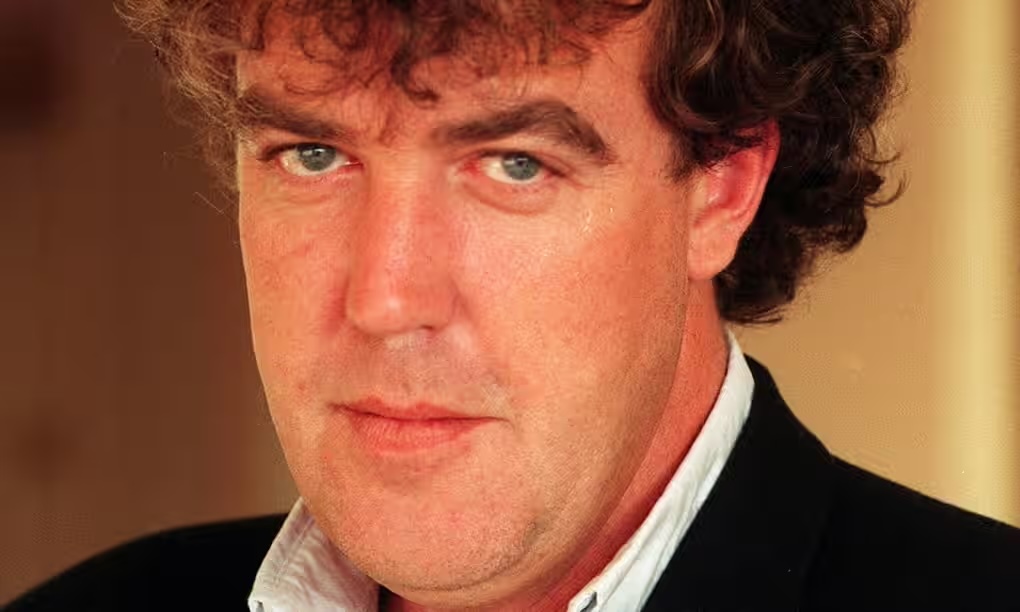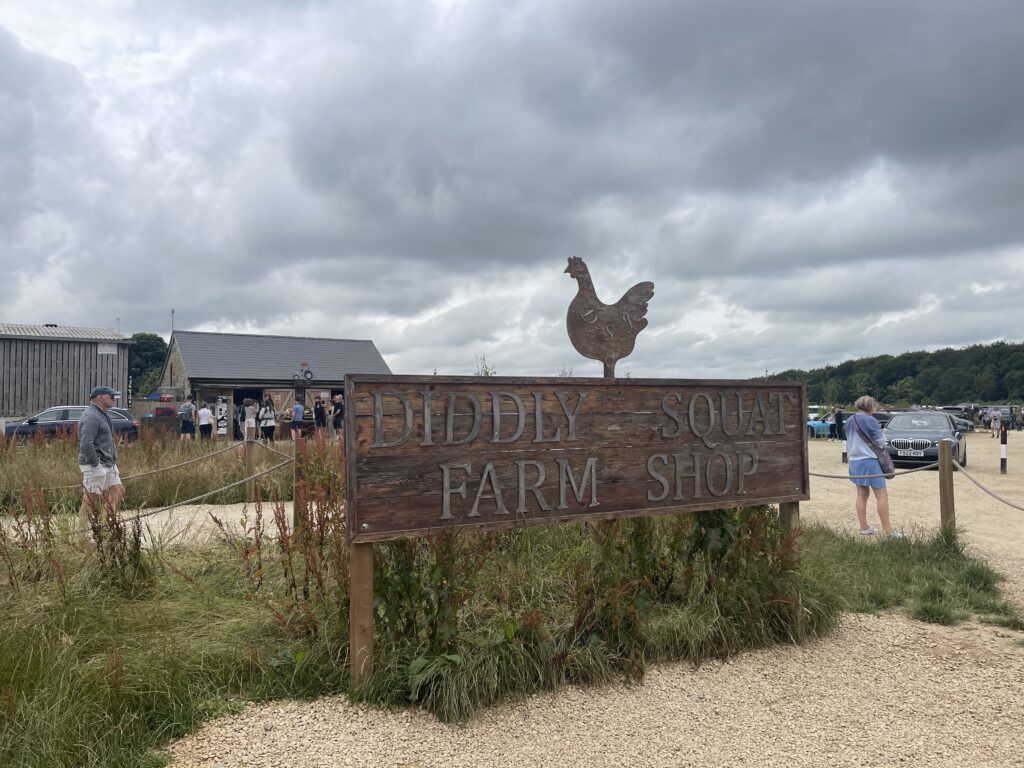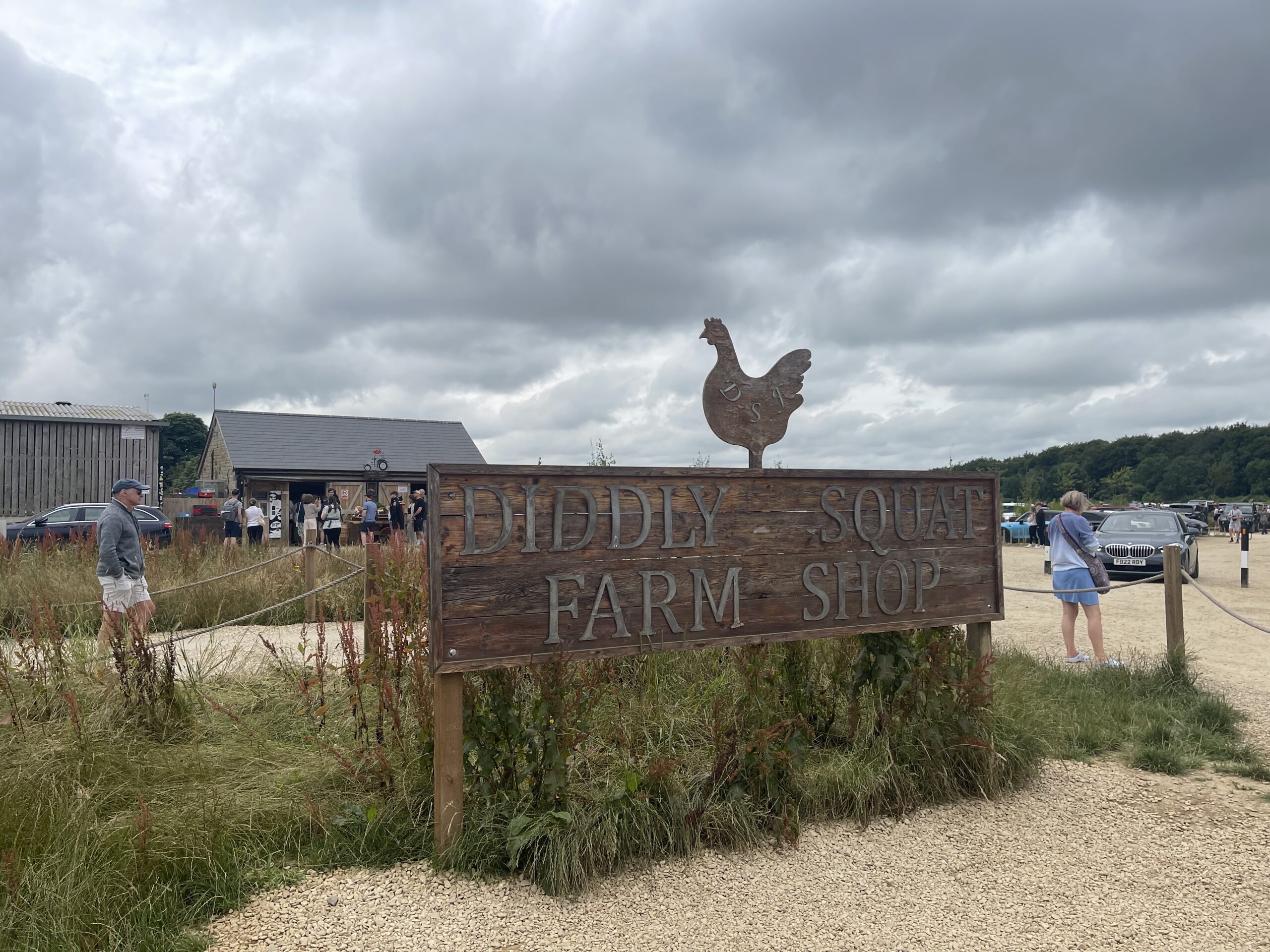Jeremy Clarkson, one of the most recognisable and influential figures in British media, is best known for his long-running role as a co-presenter of Top Gear and, more recently, The Grand Tour. His outspoken and often controversial nature has made him a divisive figure, but his impact on motoring journalism and television cannot be denied. In this article, we will delve into Clarkson’s early life, his meteoric rise to fame, and what he’s up to today.
Early Life and Childhood
Jeremy Charles Robert Clarkson was born on 11 April 1960 in Doncaster, South Yorkshire. His father, Eddie Clarkson, was a travelling salesman, while his mother, Shirley, was a teacher who later ran a successful business making stuffed Paddington Bear toys. Jeremy grew up in a modest, middle-class family with his sister Joanna.
His early education took place at Hill House School, where he reportedly had a tough time due to his outspoken nature, even at a young age. His parents later sent him to Repton School, a private school in Derbyshire, which they were able to afford thanks to their Paddington Bear business. However, Clarkson’s time at Repton was tumultuous. He was expelled for “drinking, smoking, and generally making a nuisance of himself” – a sign of the rebellious streak that would define much of his career.
From an early age, Clarkson developed a passion for cars, ignited by his father’s business travels and exposure to various vehicles. By his teenage years, he had become obsessed with motor vehicles, and his dream of working with cars began to take shape.

First Forays into Journalism
Clarkson’s path to fame began in the world of journalism. After leaving Repton School with no qualifications, Clarkson trained with the Rotherham Advertiser, learning the ropes as a journalist. His early years in journalism were unremarkable, but they provided him with the foundation and writing skills he would later use to great effect.
In 1984, Clarkson established the Motoring Press Agency (MPA) with fellow journalist Jonathan Gill. The MPA provided motoring articles for local newspapers and magazines, giving Clarkson his first taste of writing about cars – a passion that would later define his career. His unique style, combining wit, sarcasm, and technical insight, quickly set him apart from other motoring journalists.
Clarkson’s Rise to Fame on Top Gear
Jeremy Clarkson’s breakthrough came in 1988 when he was invited to join the BBC’s motoring show Top Gear. The programme, which had launched in 1977, was primarily a low-key car review show, but Clarkson’s arrival injected it with energy, humour, and controversy. His larger-than-life personality and irreverent approach to reviewing cars transformed Top Gear from a niche motoring programme into a cultural phenomenon.
During his early years on Top Gear, Clarkson quickly gained a reputation for his bold opinions and no-nonsense reviews. He wasn’t afraid to criticise car manufacturers, often giving blunt and brutally honest assessments of vehicles. This approach struck a chord with viewers, and Top Gear began to attract a wider audience, including people who weren’t necessarily car enthusiasts.
One of the most notable aspects of Clarkson’s presenting style was his ability to mix technical information about cars with humour and entertainment. He made cars fun to watch, whether he was reviewing a supercar or engaging in outlandish stunts. By the late 1990s, Top Gear had become a staple of BBC programming, with Clarkson at the helm as its star presenter.
The Relaunch of Top Gear and Global Success
In 2002, Top Gear was relaunched with a new format, and this marked the beginning of its global success. The revamped show featured Clarkson alongside co-presenters Richard Hammond and James May, and the chemistry between the trio became a major part of its appeal. The new format included more ambitious stunts, challenges, and a focus on entertainment as well as car reviews.
Under Clarkson’s leadership, Top Gear grew to become one of the BBC’s most successful and widely exported programmes. It aired in over 200 countries, attracting millions of viewers each week. Clarkson’s influence on the show was undeniable, and his brash, often politically incorrect humour became one of its defining features.
One of the key elements of Top Gear’s success was its ability to appeal to a broad audience. While car enthusiasts enjoyed the detailed reviews and technical discussions, the show’s humour, challenges, and spectacular cinematography attracted viewers who had little interest in cars. Clarkson’s off-the-cuff remarks, often controversial and politically incorrect, kept the show in the headlines and contributed to its cult status.
Controversies and Criticisms
Clarkson’s career has been marked by controversy, and his tendency to speak his mind has landed him in hot water on numerous occasions. Over the years, he has been accused of making sexist, racist, and politically insensitive comments, both on and off Top Gear. Some of the most notable incidents include:
- In 2008, Clarkson faced criticism for making a joke about lorry drivers being murderers in reference to the Ipswich serial murders. Despite public outrage, Clarkson remained unapologetic.
- In 2011, Clarkson caused another controversy when he joked about public sector workers striking, saying they should be “executed in front of their families.”
- In 2014, Clarkson was accused of using a racial slur while filming a Top Gear segment. Although he apologised and claimed it was unintentional, the incident added to the growing list of controversies surrounding him.
The most significant controversy came in 2015, when Clarkson was involved in a physical altercation with a Top Gear producer. The incident occurred while filming on location, and Clarkson reportedly assaulted the producer after a dispute over catering. Following an internal investigation, the BBC made the decision to terminate Clarkson’s contract, bringing his time on Top Gear to an abrupt end.
Clarkson’s departure from Top Gear marked the end of an era, but it also opened the door to new opportunities.
The Grand Tour and Amazon Prime
After leaving the BBC, Clarkson didn’t stay out of the spotlight for long. In 2016, he, along with Richard Hammond and James May, launched a new motoring show called The Grand Tour on Amazon Prime Video. The show was essentially Top Gear in a new format, with the same trio of presenters, humour, and outlandish stunts.
The Grand Tour quickly became a hit on Amazon Prime, attracting millions of viewers and demonstrating Clarkson’s enduring popularity. The show’s format allowed for more creative freedom, and Clarkson continued to push the boundaries of motoring entertainment. While The Grand Tour had fewer episodes than Top Gear, it maintained the same mix of car reviews, global adventures, and comedic challenges that made the original show so successful.
In addition to The Grand Tour, Clarkson has continued to write columns for The Sunday Times and The Sun, where he offers his opinions on everything from politics to pop culture, often stirring controversy with his candid and often abrasive style.

Clarkson’s Farm
In 2021, Clarkson made a surprising career move when he launched Clarkson’s Farm, a documentary series on Amazon Prime that followed his efforts to run a 1,000-acre farm in the Cotswolds. Unlike his usual motoring content, Clarkson’s Farm focused on the challenges of agriculture, with Clarkson taking on the role of an inexperienced farmer.
The show was a hit, with viewers praising Clarkson for his down-to-earth approach and newfound respect for farmers. While the series still contained elements of humour and misadventure, it also highlighted the difficulties of farming, from unpredictable weather to financial pressures.
Clarkson’s Farm showcased a different side of Clarkson, one that resonated with audiences beyond his usual motoring fans. The series was well-received by critics and viewers alike, and it provided a refreshing change of pace for Clarkson’s career.
Current Projects and What’s Next for Clarkson
As of 2024, Clarkson remains an active figure in British media. While The Grand Tour has scaled back in terms of new episodes, Clarkson continues to be a prominent voice in motoring journalism through his newspaper columns and guest appearances on various programmes.
Clarkson’s Farm has been renewed for multiple seasons, and its success has further cemented his status as a versatile entertainer. Clarkson continues to balance his life between farming and media, sharing updates on his farm and interacting with fans on social media.
Clarkson’s presence in the public eye remains strong, and he shows no signs of slowing down. Despite the controversies and criticisms that have followed him throughout his career, Clarkson’s ability to reinvent himself and adapt to new roles ensures that he remains a prominent figure in British culture.
Jeremy Clarkson’s journey from a rebellious schoolboy in Doncaster to a global motoring icon has been marked by controversy, success, and reinvention. From his early days on Top Gear to his current role as a farmer on Clarkson’s Farm, Clarkson has continued to captivate audiences with his unique blend of humour, opinionated commentary, and daring stunts.
While his outspoken nature has caused many to criticise him, it is also what has made him a beloved figure to millions of fans around the world. Whether behind the wheel of a supercar or running a farm, Clarkson remains a cultural force, and his legacy in British media is undeniable. As he continues to evolve, one thing is certain: Jeremy Clarkson is not done yet.






